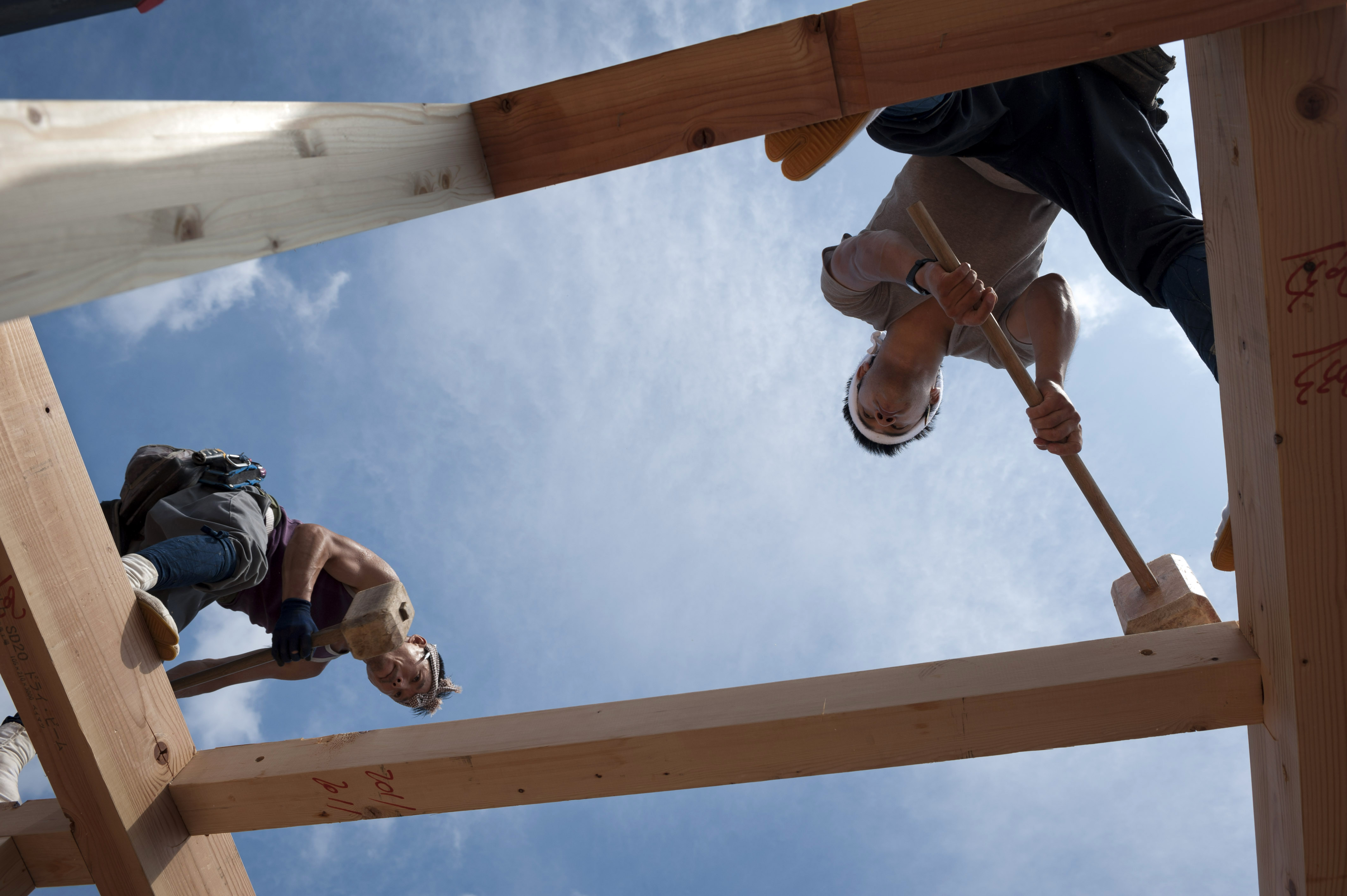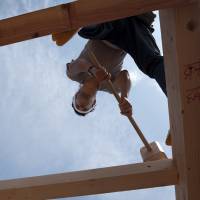Homebuyers are starting to bet that the unprecedented monetary easing of Bank of Japan Gov. Haruhiko Kuroda will cause interest rates to rise, even as inflation stagnates well below the official 2 percent inflation target.
Sixty-one percent of new home loans had a fixed interest rate for at least five years in the July-to-August period, according to the Japan Housing Finance Agency. That is up from 37 percent in October 2012, at the peak of popularity for floating-rate loans, just before Shinzo Abe's government came to power.
"We can say that uncertainty over the future direction of interest rates is increasing" from a macro-economic perspective, said Shunsuke Kobayashi, an economist at Daiwa Institute of Research in Tokyo. "This may be why borrowers are choosing fixed-rate loans."
While the central bank has been unsuccessful in boosting inflation, households are moving away from adjustable-rate mortgages on the expectation that inflation will pick up in the future. Also, homebuyers are taking advantage of historically low rates as they see no room left for rates to fall further, according to Akihiko Inoue, chief structured-finance analyst at Mizuho Securities Co.
Japan Housing Finance Agency's 35-year fixed rate loan was a minimum 1.59 percent in October, while the banking unit of Mitsubishi UFJ Financial Group, Japan's largest bank, offers floating-rate mortgages starting at 0.775 percent as of October, according to their websites.
The popularity of variable-rate loans is not diminishing as quickly among lower-income buyers, who may be attracted by comparatively lower borrowing costs.
"Higher-income households are being considerably conservative in selecting fixed interest rates," said Daiwa's Kobayashi. "Lower-income borrowers may be taking on more risk, but this might be the more rational decision at the end of the day."




